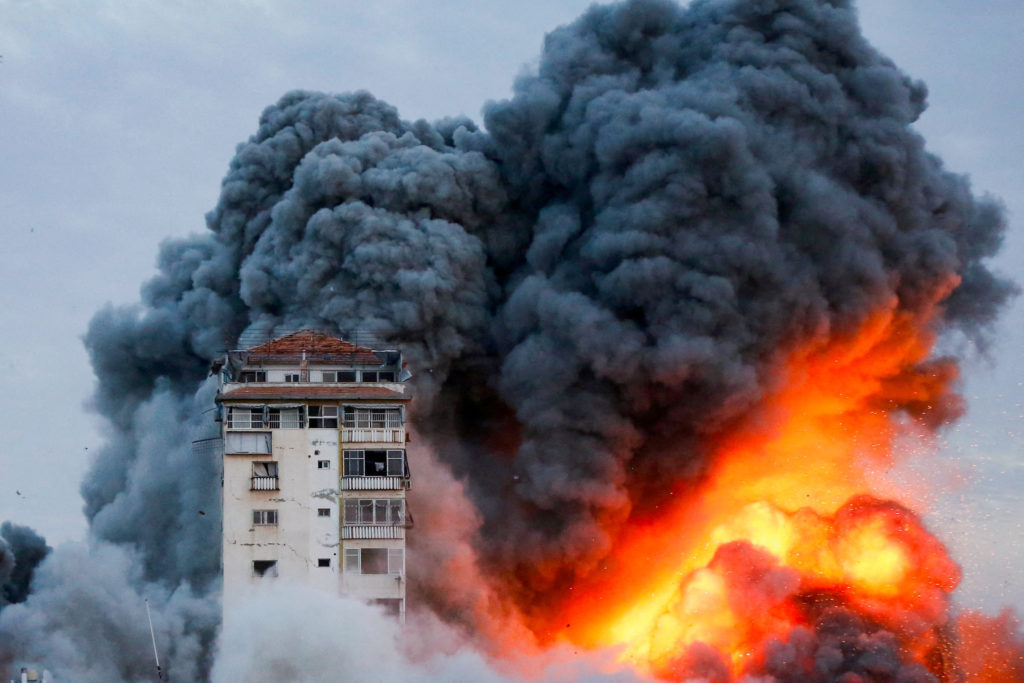''The flames of this fire will spread in our region''
These were the concerning words spoken by a Church Leader in the Middle East after Mr. Netanyahu declared war on Hamas following devastating attacks in Southern Israel.
The Palestinian-Israeli conflict, one of the most complex and enduring global conflicts, has defied easy solutions for over seven decades. It has caused immense suffering and claimed countless lives on both sides. The war's approval by the Knesset, Israel's parliament, is likely to occur today, granting Mr. Netanyahu absolute power.
Currently, the greatest concern is not a pursuit of justice, but, in Mr. Netanyahu's own words, a pursuit of vengeance and revenge. This war is highly emotional, and neutrality is rare, especially among Christians.
Let's explore a perspective often overlooked in the secular media.
To begin, the conflict is far from simplistic, despite media attempts to portray it as such. This conflict has endured for decades, with its roots in the mid-20th century and escalating significantly after the 1967 6-day war when Israel occupied Palestine.
What unfolded over the weekend is a combination of five simultaneous wars converging into one:
A Christian Response
Seek peace through Christ. Regrettably, some Christian nations are sending arms rather than fulfilling the Biblical mandate of being peacemakers. Neither the Jew, nor the Muslim Arab has a theology that will make them embrace a peaceful solution.
Pray for courage for all of Christ's disciples in Israel and Gaza. Israel is home to 150,000 Christians, of which 80% are Arabs, constituting 2.1% of the total population. By contrast, the Christian population of the Palestinian territories has declined from 15 percent in 1950 to less than 2 percent today. About 2,000 Christians (Four hundred families) remain in Gaza among 1.5 million Muslim people.
Be cautious of digital misinformation. As followers and part of the Body of Christ, we are called to be peacemakers in this conflict. Let us play our part in our conversations and social media activity to promote peace and reconciliation.
Guard your heart and resist choosing sides. We need to recognise the pain and suffering experienced by both Palestinians and Israelis and empathizing with their struggles.
Conclusion
Being a peacemaker in the Palestinian-Israeli conflict is not easy. It requires courage, compassion, and a willingness to challenge the status quo. However, it is the only way to bring an end to this longstanding and tragic conflict.

